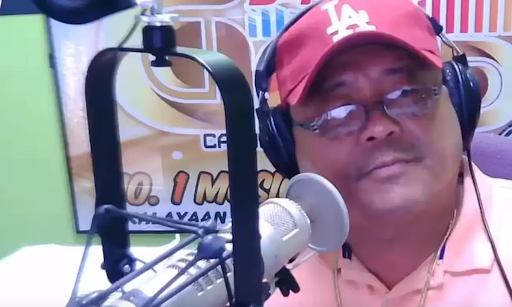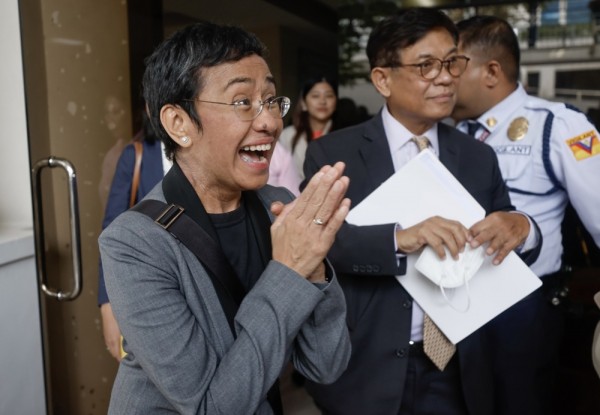The International Press Institute today urged Philippine authorities to step up their investigation into the killing of a veteran newspaper journalist who was shot multiple times in an attack at her home last week.
Rubylita Garcia, who had worked for the daily Remate for 20 years, was shot in front of her son and 10-year-old granddaughter the morning of April 6 in Bacoor, a city south of Manila. Garcia’s son rushed her to a nearby hospital, where she died during surgery. A burial ceremony was held yesterday.
UCA news reported that the 52-year-old journalist reportedly identified a high-ranking police official as a shooter before she died. Local news reports said she had had verbal disputes with the officer.
“We offer our condolences to the colleagues, family and friends of Rubylita Garcia and we urge the police to conduct a swift and transparent investigation into the killing. Too many journalists in the Philippines have died and impunity has unfortunately been the norm,” IPI Press Freedom Manager Barbara Trionfi said yesterday, speaking from the IPI World Congress in South Africa.
The Philippines ranks among the world’s most dangerous places for journalists in terms of deadly attacks, according to IPI’s Death Watch. At least 103 journalists were killed there between 2004 and 2013, second to Iraq, where 184 journalists died in the line of duty.
Police in Cavite province initially detained a suspect in the shooting of Garcia but the man was later released.
The investigation is continuing although it was not immediately clear whether the attack was related to Garcia’s work. However, the Philippine Star reported that Garcia was “known as a hard-hitting journalist who exposed wrongdoing in the Cavite police force,” stressing the danger that journalists face in the Philippines.
Garcia also hosted a local radio show, was a member of the Philippines National Press Club and had served as president of the Confederation of Active Media Practitioners Organization.
According to the Freedom Fund for Filipino Journalists, 90 percent of the journalists killed in the country since 1986 were slain for exposing corruption and criminality. The group has called for the speedy resolution of cases of slain journalists to end the culture of impunity in the country.
In September 2011 an IPI delegation visited Manila to address concerns related to violence against journalists in the country. In meetings with high-level representatives of the office of Philippines President Benigno S. Aquino III, the Philippines Department of Justice, and the Department of Interior and Local Policy, as well as representatives of media and journalists’ groups, IPI called for reform of the country’s judicial and legal systems in order to address widespread and endemic impunity in crimes against journalists.
>> For more information, contact IPI Press Freedom Manager Barbara Trionfi at +43 (1) 512 90 11 or by email.


